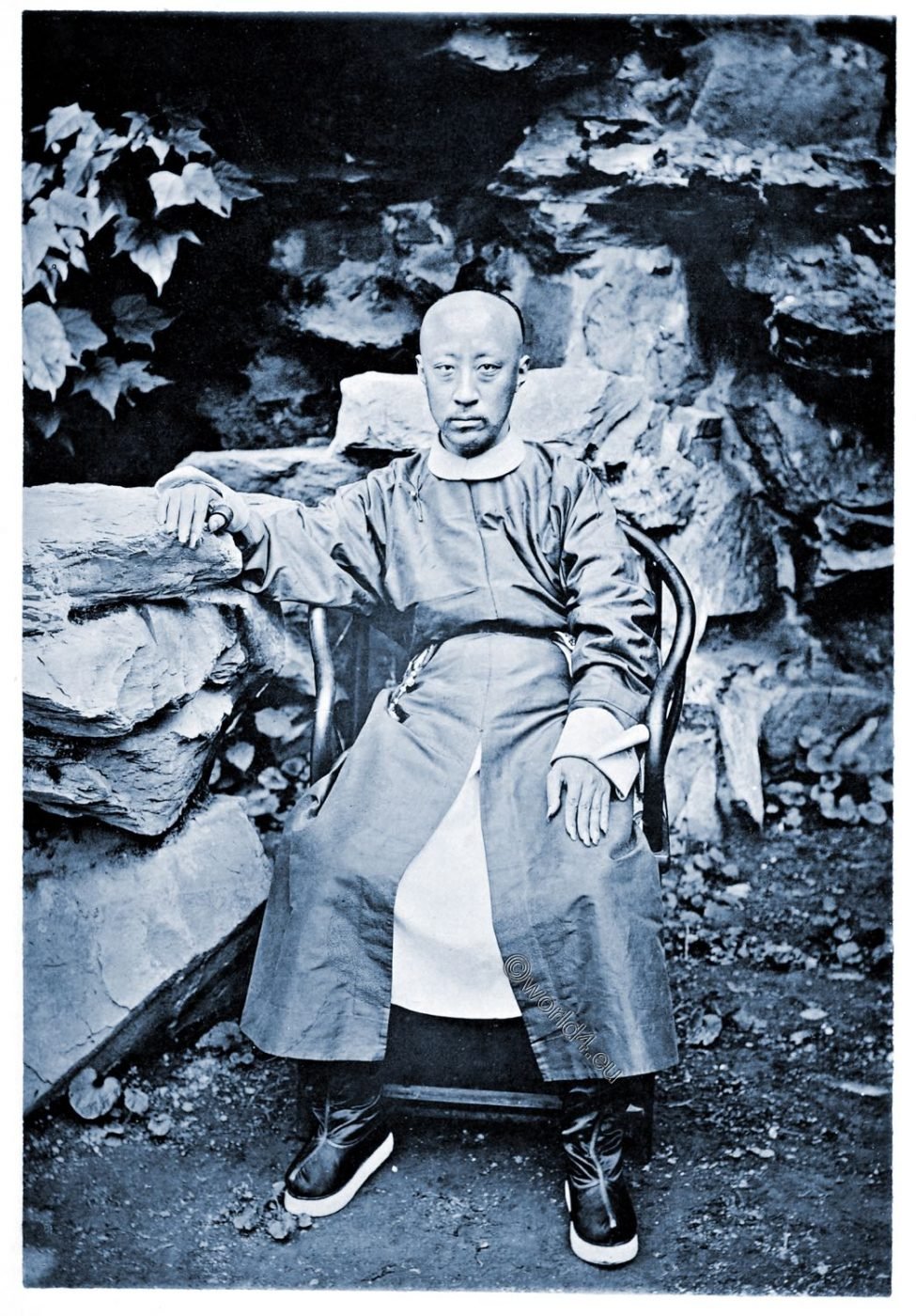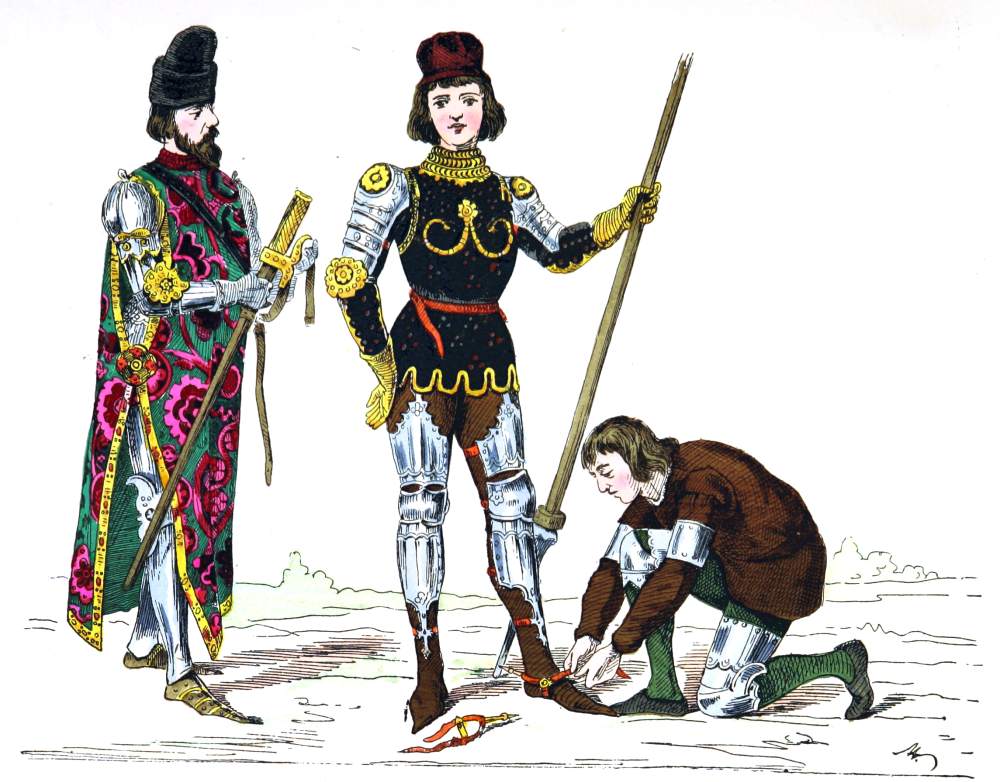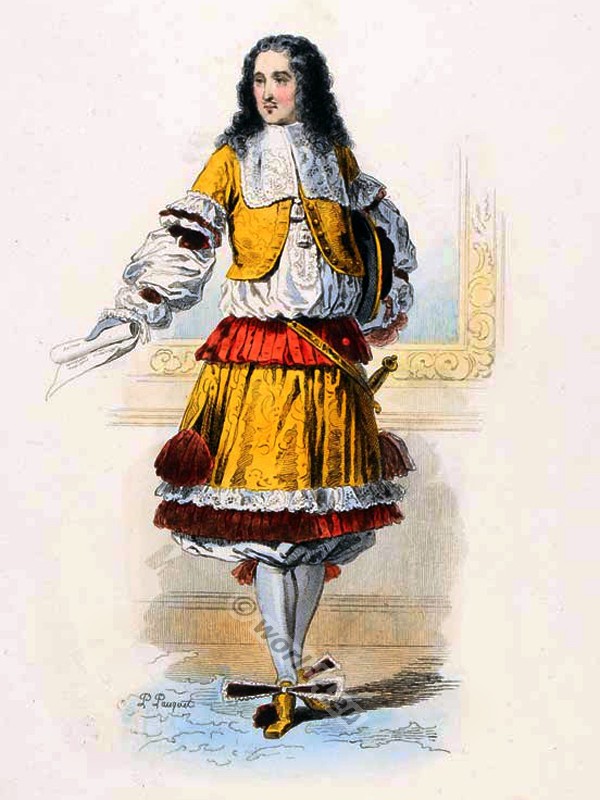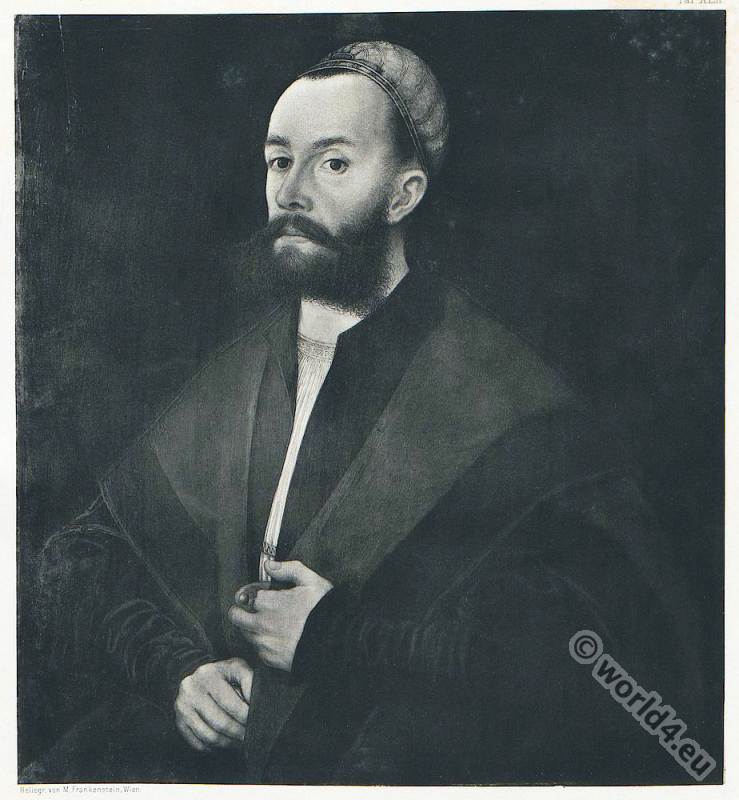
PRINCE KUNG. 1871.
Prince Gong or Kung (Àixīnjuéluó Yìxīn, called “First Prince Gong” 1833 – 1898) was the sixth son of the Chinese emperor Daoguang. His mother was a second-class concubine who was later honoured with the title of Empress Yia Jingcheng. He was the younger half-brother of Emperor Xianfeng and the older half-brother of Prince Chun I. Prince Gong was one of the closest confidants of the empress widows Cixi and Ci’an and with them regent of the young emperor Tongzhi.
After the deposition and execution of the former regent Sushun, in which Gong participated intensively, Cixi and Ci’an left him considerable influence on imperial politics. After Emperor Tongzhi died unexpectedly at the age of only 18, Ci’an wanted a son of Gong to become the new emperor, but Cixi, the co-regent, stopped this. Instead, the son of his younger half-brother, Guangxu, became the new emperor. Prince Gong came into final conflict with Cixi in 1880 and was dismissed for allegedly insulting her. In 1891, after the death of Prince Chun I, she called him back into politics.
Illustrations of China and its people by John Thomson, 1873.
PRINCE KUNG, now about forty years of age, is the sixth son of the Emperor Tao Kwang, who reigned from A.D. 1820 to 1850. He is a younger brother of the late Emperor Hien-foong, and, consequently an uncle to the reigning Emperor Tung-che. Prior to 1860 he was little known beyond the precincts of the Court: but, when the Emperor fled from the summer palace, it was he who came forward to meet the Ministers of the Allied Powers, and negotiate the conditions of peace. He holds several high civil and military appointments, the most important that of member of the Supreme Council, a department of the Empire resembling most nearly the Cabinet with us. Quick of apprehension, open to advice, and comparatively liberal in his views, he is the acknowledged leader of that small division among Chinese politicians who are known as the party of progress.
Independently of his various offices, Prince Kung, as his title denotes, is a member of the highest order of Chinese nobility; an expression which, to prevent misconception, we must beg our readers’ permission to explain. There have been from the most ancient times in China five degrees of honour, to which men whose services have been eminent may attain; the titles vesting, as we should say, in remainder to their heirs male. The latter, however, cannot succeed without revival of their patent, and even then, as a rule, the title they succeed to is one degree less honourable than that of their predecessor ; so that were the usage in vogue with us a dukedom would dwindle to a baronetcy in five generations.
The Manchu family, which rules the country, or to speak more correctly those of the stock who are within a certain degree of the Imperial line, have no less than eighteen orders of nobility, liable, however, like the old system spoken of above, to gradual extinction, except in a few particular instances where the patent ensures the title in perpetuity.
Prince Kung received such a patent in 1865.
Source: Illustrations of China and its people: a series of two hundred photographs, with letterpress descriptive of the places and people represented by John Thomson. London: Sampson Low, Marston, Low, and Searle 1873.
Related
Discover more from World4 Costume Culture History
Subscribe to get the latest posts sent to your email.






